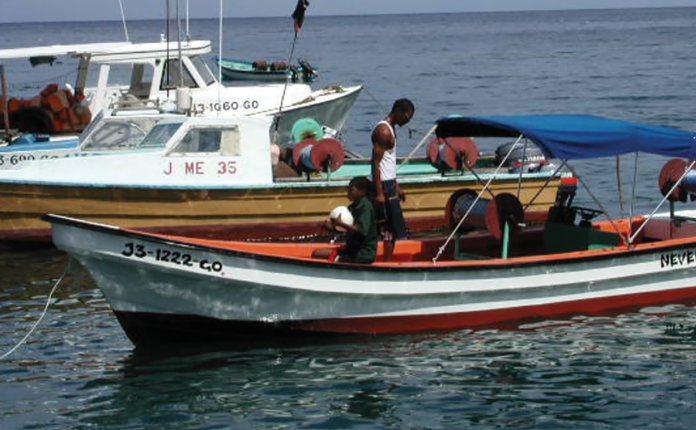By Makeida Antonio
Ministers responsible for Fisheries in Member States of the Caribbean Regional Fisheries Mechanism (CRFM) are scheduled to meet today, during the 16th observance of the Caribbean Week of Agriculture.
The new strategic direction for the fisheries and aquaculture sector across the region will be discussed in the meeting. The sector produced fish with an estimated value of US $480 million in 2020, despite the Covid-19 pandemic economic devastation.
Ministers from CRFM Member States will be asked to approve the Third CRFM Strategic Plan for the period January 2022 to December 2030, as well as the complementary CRFM Resource Mobilization Strategy, which takes on a results-based approach to mobilizing much needed resources for the organization and its 17 Member States and partner organizations in the region.
In addition, ministers will be asked to review and approve a policy document supporting the drafting and approval of the Model Fisheries Legislation on Sanitary and Phytosanitary (SPS) Measures. The Draft Model Aquatic Animal Health Bill and the Draft Model Aquatic Food Safety Regulations, developed under the EU-funded 10th Economic Development Fund (EDF) Programme, are aimed at assuring safety and quality of fish and seafood available for domestic as well as export markets, in line with international standards, while maximizing economic gains for the sector.
Caricom is the governing body of the CRFM and will convene the meeting to advance a new strategic nine-year direction for the organisation. It will also consider emerging realities being brought on by the Covid-19 pandemic, as well as the growing challenges facing the sector due to climate change and its adverse impacts.
The CRFM’s Plan addresses improved evidence-based decision making, conservation and management of the fisheries and protection of marine ecosystems, climate change and disaster risk management, and the expansion of sustainable aquaculture, including mariculture.
It also promotes programmes aimed at improving the welfare and socio-economic situation of fishers and fishing communities in the region, by focusing on value addition and wealth creation, capacity building, use of technology, entrepreneurship, partnership ventures with private and public sector parties, and strengthening application of good governance principles, such as equity and equality, inclusiveness, and accountability.

